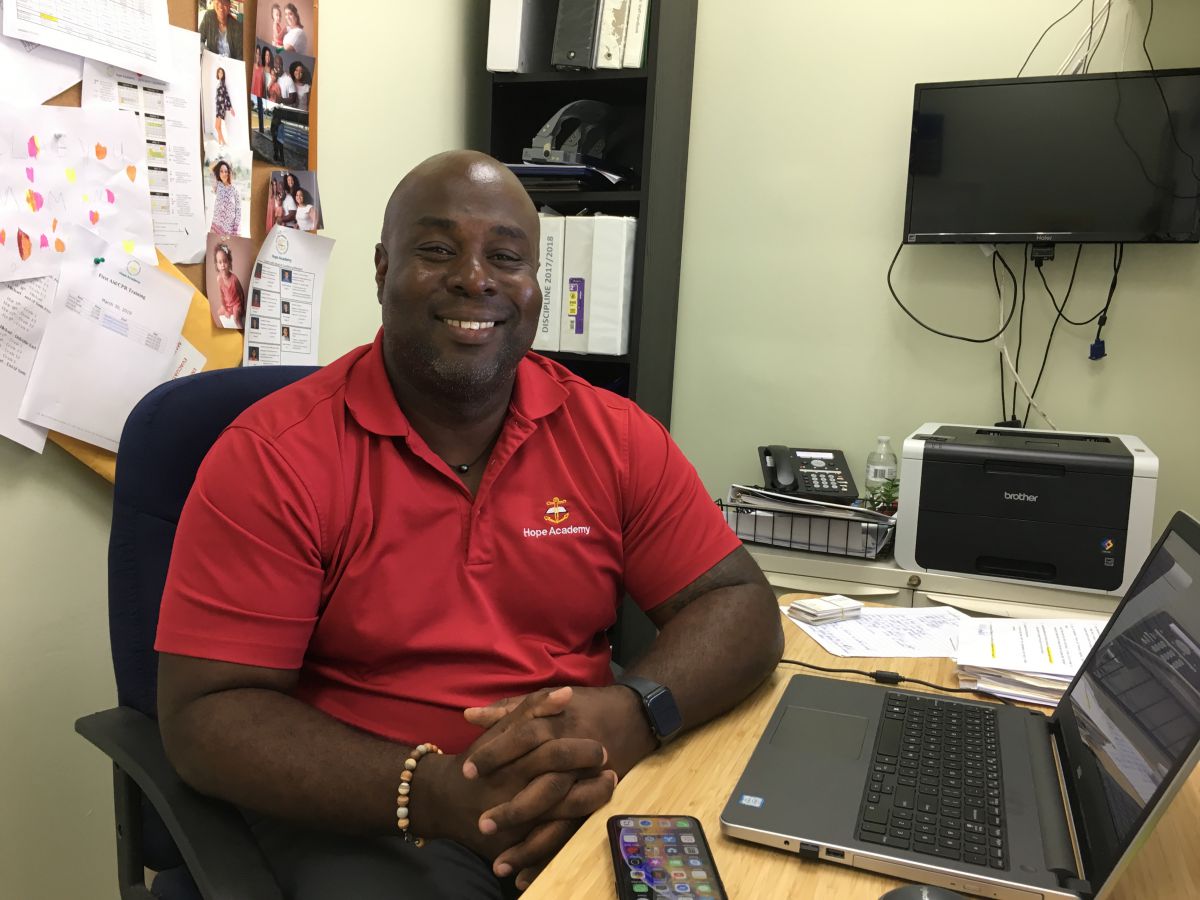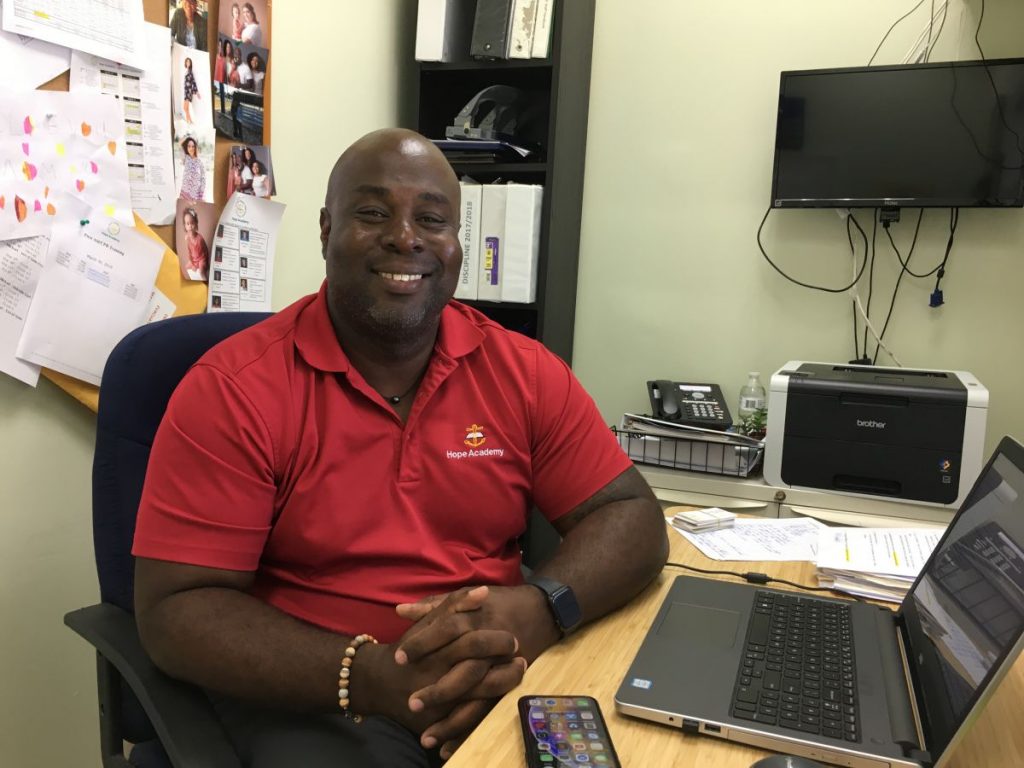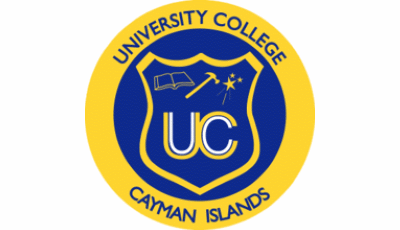(CNS Local Life): Citing underreported figures for unemployment among young people, coupled with a need to provide affordable and accessible vocational training, Michael Myles, former government at-risk youth officer, is opening a facility to teach skills that he hopes will translate into job opportunities. Inspire Cayman Training (ICT) will be offering vocational skills courses at a dedicated centre on Eastern Avenue, scheduled to open in June, as well as in Hope Academy in Grand Harbour, where Myles is the dean of students.
Though he “loved” what he did for youth in his 15 years working for government, he saw a need to help them find meaningful employment, he explained. Part of his frustration centred around what he saw as a continuing cycle of young people falling through the cracks in the system and turning to crime.
“We have well over 300 kids between the ages of 12 and 17 who, over the last five or six years, have committed more than 1,000 crimes,” he told CNS, adding that ICT is about more than teaching trade skills. “I want to help young people who have issues with mental health, drugs and alcohol. We can’t throw them away. Should everyone be put in Northward Prison? No.”
Myles believes the solution is to offer young people a pathway to employment. Towards that goal, ICT has been accredited by the National Center for Construction Education and Research (NCCER), based in the US with an international reach. The non-profit organisation was established in 1996, supported by more than 125 construction CEOs along with related associations and academic leaders, to provide standardised training for the industry.
“My company is accredited to provide over 70 craft courses and I am certified as a Master Trainer to train journey-level professionals in the construction industry as certified instructors in their craft,” Myles explained.
With NCCER accreditation, students who complete the courses at ICT will earn credentials in their field that are recognised in the US and 20 other countries, meaning their skills are transferrable outside of Cayman. In addition, if trainees only complete half of the required modules for certification, for example, they can join a course at an NCCER location in the US or one of their other overseas sites, without needing to start over.
The courses taught through ICT are pegged at an eighth-grade level so they are understandable, and use “simple, plain language”, Myles said, adding that students need to be able to read and do math at that level.
ICT will hold day classes at the Eastern Avenue location and night courses at Hope Academy to accommodate students who are working. The school will take those with a high school diploma or people already working in the industry but want certification.
He is also looking into the possibility of taking on a tutor for students who struggle. “I don’t want to turn away young people. Everyone should have the opportunity to do well,” he said, adding he would sit with students having difficulties academically “to figure out how to work with them”.
Among the skills on offer are plumbing; electrical; automotive maintenance and repair; carpentry; and heating, ventilation and air conditioning, trades which could lead to well-paying jobs. At the moment, the majority of people employed in craft and skilled labour in Cayman are on work permits, pointing to the potential for trained Caymanians to seek those jobs.
Before taking up training in a specific trade, the students are first required to take a series of core curriculum modules to “give the trainee the basic skills needed to continue education in any craft area he or she chooses”, according to ICT literature. In addition, there is a mandatory “Tools for Success” course that teaches students skills for job hunting such as preparing a CV, completing an application form and learning how to be interviewed, and also includes strategies for keeping a job, developing positive workplace relationships, managing stress and resolving conflicts, among many other modules.
Myles has also partnered with CUC, which has been running an NCCER-accredited programme for 15 years. For the first year, CUC will be ICT’s training sponsor since Myles does not have a background in either construction or training. CUC will oversee and audit ICT to ensure the centre is “properly equipped to NCCER expectations and standards”, he explained, adding that after a year he will be qualified to oversee ICT and NCCER will then conduct the audit.
An added benefit of the partnership is that CUC will look to ICT for recruits since they will be receiving the training required for employment at the company, which is the whole point of Inspire Cayman Training.
“We will be preparing our young people to walk into a job. We have to get our kids back into the workforce,” Myles said. “Children are giving up here. I want Caymanians to have hope.”
For more information on Inspire Cayman Training, email Michael Myles at michaelmyles1117@gmail.com







Amazing! I have been contemplating on launching a Trade school program to better equip our Caymanian people. I am glad you have made this well needed opportunity a realty Mr. Mike. I look forward to being apart.
Great job Michael. Wishing you great success with your vocational school. I hope you will get all the support necessary for this much needed opportunaty for our youth. I hope that one day it will be available to Caymanians of all ages struggling to find work because of the lack of trade skills.
Willing to support your efforts!!!
Dr. Vaughn Eugene Little
Jefferson County Public Schools
Kentucky
Myles should follow thw apprenticeship programme at PWD which is yielding fantastic results. Also the Hospitality school is also doing exciting work. All run by our much improved CIG.
This is noble attempt but will likely fail due to poor take up. I hope not. But there is a reason all past attempts except PWD has failed.
Good luck Michael….you will get your medal after the school graduates Caymanains with employable skills and they get a job.
6:18, Don’t give us this nonsense about the much improved CIG. The trade school initiative should have come from the CIG a long time ago but took a good man like Mr. Myles to get it off the ground with limited resources.
If the take up is poor by young Caymanians what does this say about Caymanian youth and the Caymanian people? Does it say they are lazy? Give me an answer because I am tired of people saying non Caymanians are taking jobs away from Caymanian youth.
6:18. So very true Michael good luck. My advice to you is. Simply stop saying “I” and use “we” and you might get somewhere.
CIG has improved.
2:45, Must be nice working for CIG. Bet you think the garbage pick up has improved too. Living is easy with eyes closed it’s understanding all you see.
This is Michael Myles. I’m happy to hear that the PWD and Hospitality programme is yielding results. I welcome the opportunity to know what those results are.
The PWD programme have been in operation for the past 2 years. I have searched every news paper article and the Government website, yet I can’t seem to find how many trainees they have trained in 2 years and how many of them have been placed in jobs.
I have also not found any data on how successful the hospitality programme is performing as well. So, if you have these figures, please share them with me: michaelmyles1117@gmail.com.
What you will also find very strange is that the one entity that should be recruiting from the PWD programme, the Contractors Association have only recently knew that the programme existed.
Just to be clear, I don’t need a medal, certificate or a pat on the back. I have never serve the people of our country for those reasons. I have made an investment back to our country because there is a need.
What the CIG have not told you is that The PWD programme only serves students from CIFEC. It does not and have not served all of the hundreds that are unemployed or underemployed and need training. Who will serve those youngsters?
What the CIG further have not told you is that they have implemented a TVET law in 2016 that stated all TVET Programmes must register to operate a training center, however they fund the PWD programme despite them not being a registered TVET Programme.
Let that settle in, the government has made a law but is also breaking the same law they have made but are enforcing the law with everyone else.
However, I along with any other organization who has the WILL to serve our children have to jump through hoops to established quality Programmes.
I look forward to receiving the great results you referred to.
Great job, Michael. You will change the lives of youth and enhance the Caymanian society as a whole for the better. This has been needed in Cayman for decades!
Mr.Myles, you are a national hero. I am frustrated that there is only one comment, while 96 comments posted on gay marriage, all during time people should be working.
If Caymanian politicians and people put as much intellectual and political effort into Caymanian education, as compared to gay marriage, there would be very few Caymanian youth unemployed. I agree, Mr. Myles is a real Caymanian hero. Governor, give this man a medal.
This is a fantastic initiative by Mr. Myles. I hope he receives significant financial support from the CIG. Wishing him success on an educational effort in Cayman long overdue.